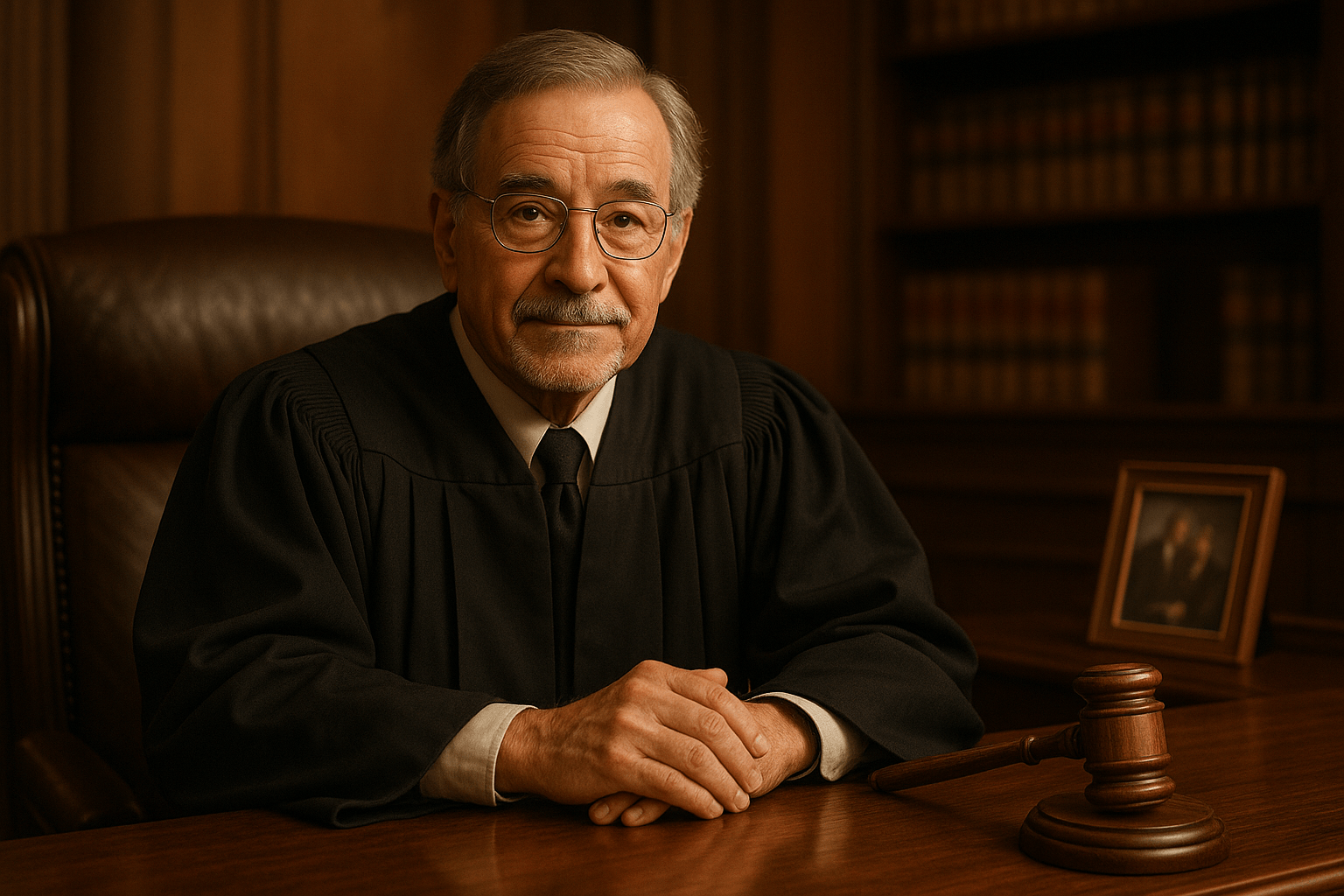Former GB News Presenter Albie Amankona Takes Legal Action Against Broadcaster After Being Taken Off Air
GB News—one of the UK’s most prominent news broadcasters—has recently found itself in legal hot water. Albie Amankona, a well-known former presenter, has announced he is taking legal action after his abrupt removal from the broadcaster’s schedule. This incident has sparked conversations about workplace rights, free speech, and diversity in British media. In this post, we’ll break down what happened, why it matters, and how the story is unfolding in the wider context of UK broadcasting.
Who Is Albie Amankona?
Albie Amankona is a familiar face to many viewers of GB News. Known for his forthright opinions and engaging debate style, he quickly gained traction among audiences interested in fresh perspectives on UK current affairs. Prior to his tenure at GB News, Amankona contributed widely to discussions on topics such as politics, social policy, and community issues, both on television and in print.
The Incident: Why Was Amankona Taken Off Air?
Amankona was reportedly taken off air without a clear, public explanation from GB News. Details have surfaced suggesting that behind-the-scenes tensions—potentially touching on topics around diversity and viewpoints within the broadcaster—may have played a role. According to The Guardian’s coverage, this sudden removal shocked many colleagues and viewers, fueling debate about the broadcaster’s internal culture and editorial policies.
Amankona has since issued statements expressing his disappointment, saying he was committed to honest reporting and that he believed he was taken off air unjustly. He has decided to pursue legal avenues, seeking redress for what he perceives as unfair treatment.
Legal Action and Its Implications
Amankona’s legal challenge is centered around claims of workplace discrimination and unfair dismissal. In the UK, broadcasters like GB News must adhere to strict employment and media laws, ensuring fair treatment of on-air talent and production staff. If Amankona’s case moves forward, it could set a new precedent and prompt broader scrutiny into how media organizations manage their presenters.
The specifics of the legal action have not been fully disclosed, but these types of claims often touch on:
- Unfair Dismissal: Where an employee feels they’ve been removed from their role without just or legal cause.
- Discrimination: Particularly with regard to race, gender, or viewpoints, which is expressly prohibited under UK employment law.
These legal arguments are complicated, but merit careful attention. If you’re interested in learning more about employment law in the UK, consider reading the government’s overview of dismissal rules.
Broader Media Industry Impact
This isn’t the first time a British broadcaster has faced allegations of unfair treatment or censorship. The media landscape is in the midst of a delicate balancing act—trying to promote free speech while also maintaining responsible editorial standards. The debate is especially intense at channels like GB News, which describe themselves as champions of open, robust debate. However, incidents like this shine a light on how difficult it can be to practice what you preach.
Other high-profile cases involving controversial dismissals or resignations have brought similar legal and public relations headaches to large media organizations. The industry is watching Amankona’s case closely, as the outcome could shape future policies and how presenters are managed across UK television.
What Does This Mean for Viewers?
For regular audiences, these disputes often raise questions about media trust, diversity, and the freedoms of broadcasters versus presenters. When legal actions like this go public, they force organizations to consider how they communicate with viewers about internal processes and talent decisions. It can affect:
- Viewer trust: Transparency fosters loyalty, but secrecy breeds suspicion.
- Diversity of perspectives: Removing presenters who represent different backgrounds or viewpoints can limit the scope of debate.
- Accountability: Legal challenges push broadcasters to demonstrate fair treatment and robust internal standards.
To understand more about how media regulation works in the UK, you can visit the official Ofcom Broadcasting Code.
What Happens Next?
The ongoing case is still developing. GB News has yet to issue a detailed public response to Amankona’s allegations, citing legal confidentiality. Media commentators and advocacy groups are monitoring the situation, not only for its potential legal fallout but also for its impact on diversity and free expression on British television.
For now, viewers and analysts alike await updates, recognizing that cases like this can have long-lasting repercussions far beyond one broadcaster or one presenter.
Conclusion
The legal action by Albie Amankona against GB News serves as a powerful reminder of the complex relationship between on-air talent, broadcasters, and the viewing public. It highlights ongoing tensions over free expression, diversity, and what it means to provide fair and balanced news coverage in modern Britain.
Whether you’re a loyal viewer or a casual observer, it’s worth paying attention to how this story unfolds—and what it might mean for the future of UK broadcasting. To keep up with the latest developments, you can follow UK Media News for up-to-date coverage and expert analysis.
Have thoughts about this case or experiences to share about workplace fairness in media? Feel free to leave a comment below or join the discussion on our social channels.



